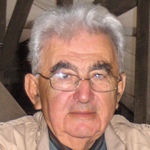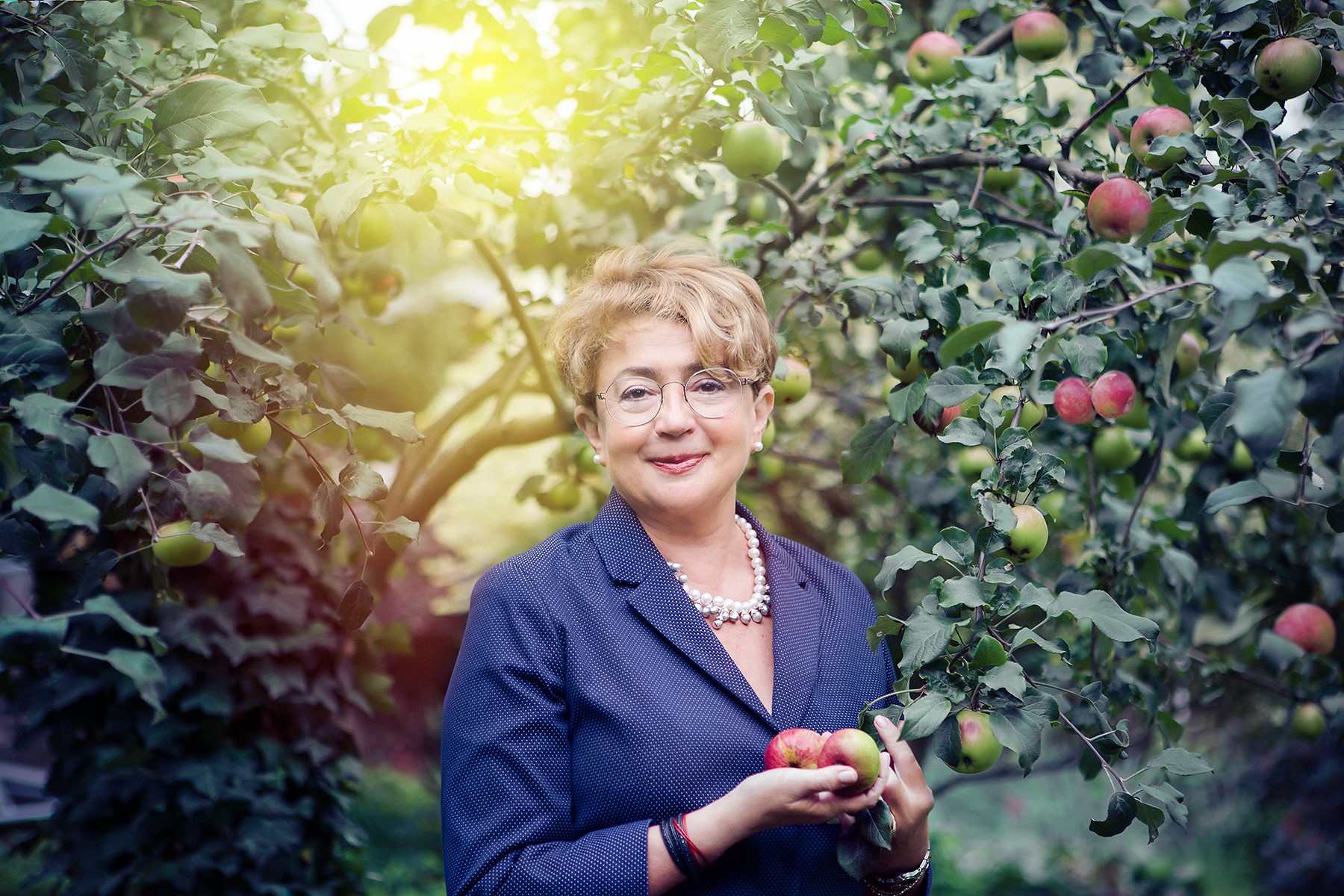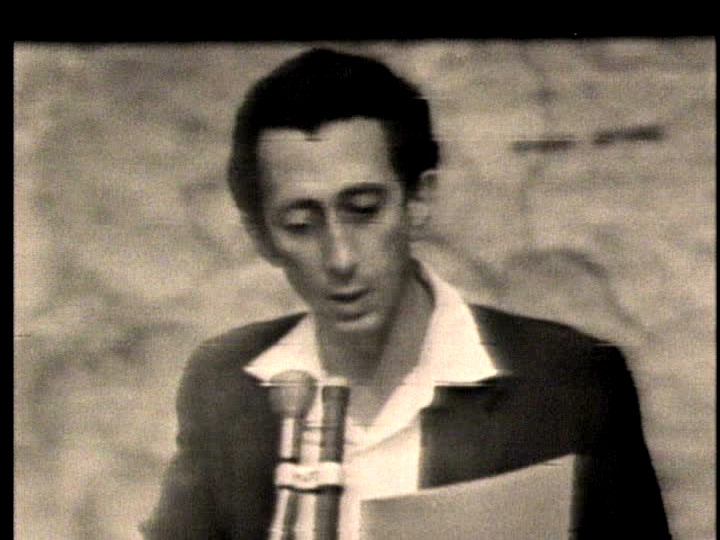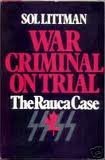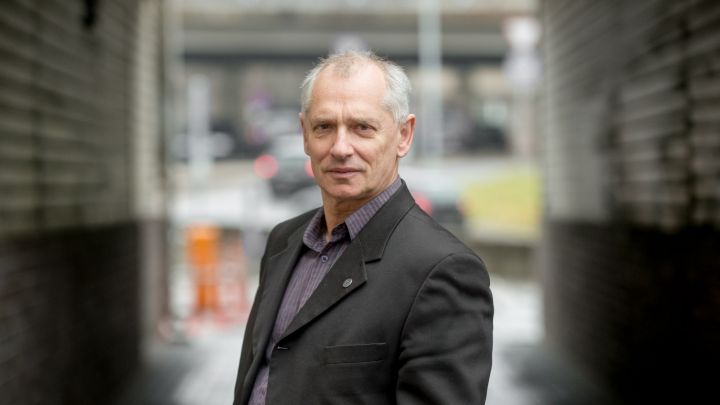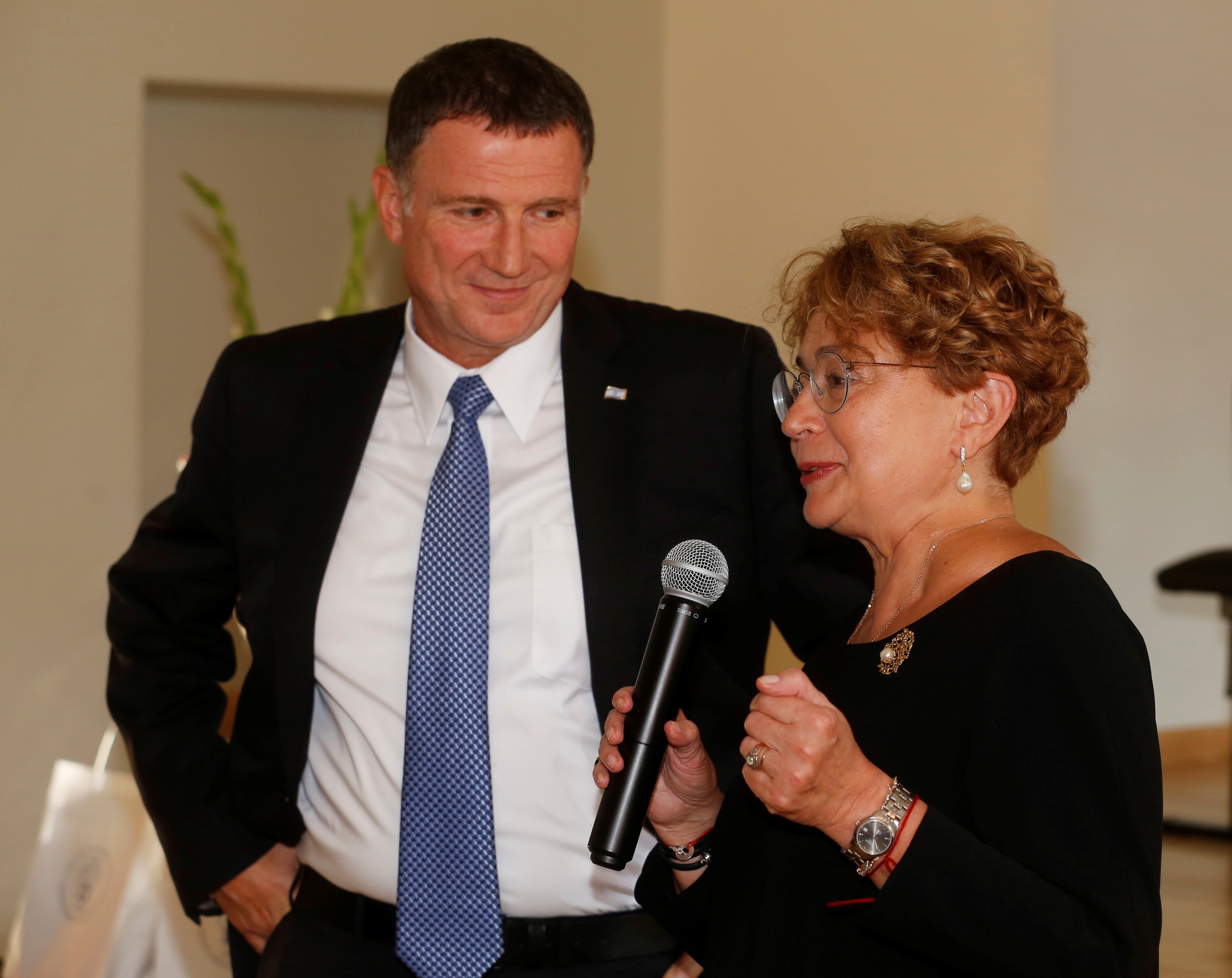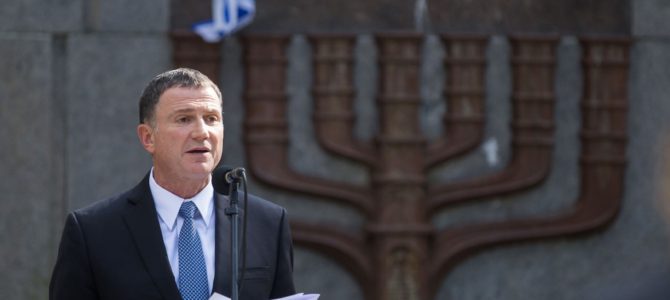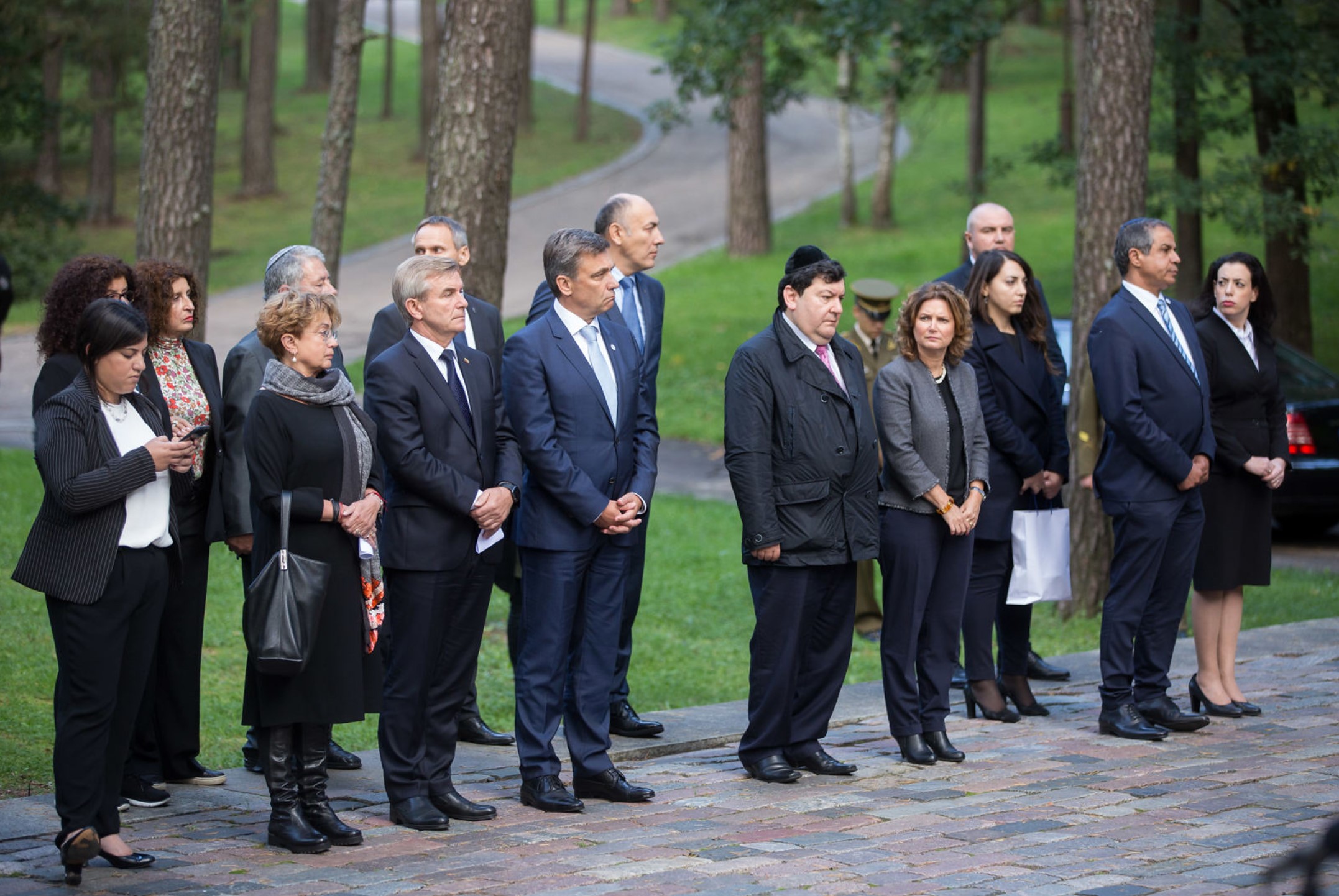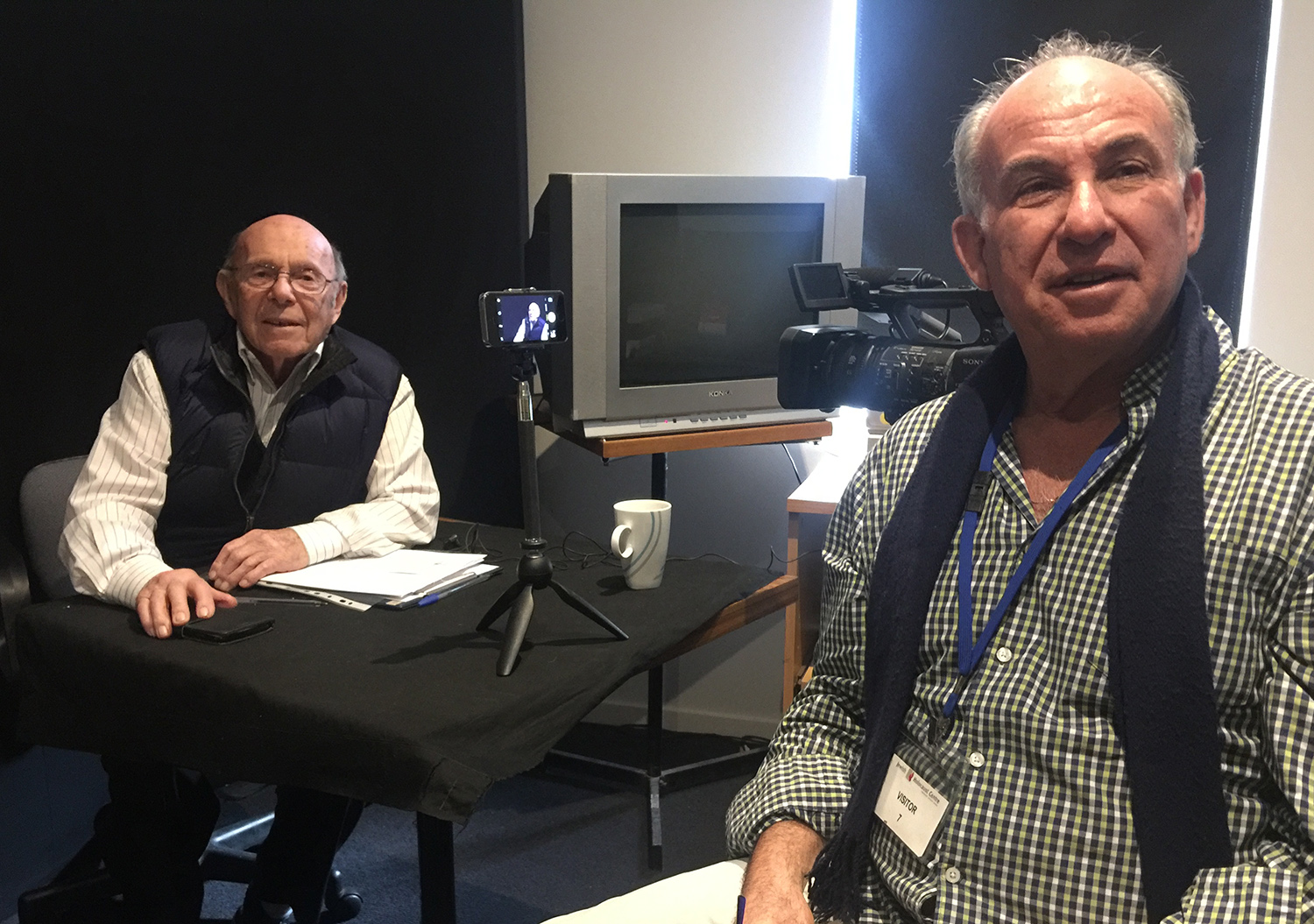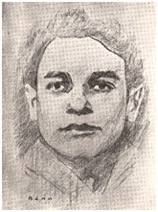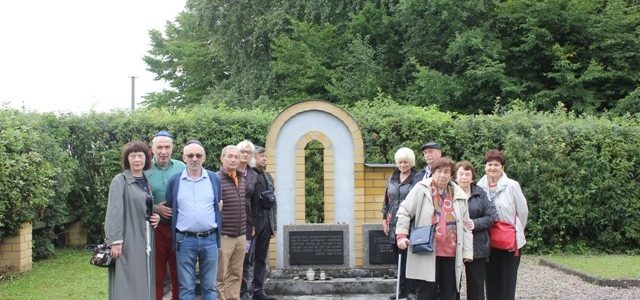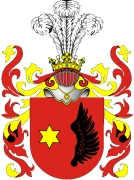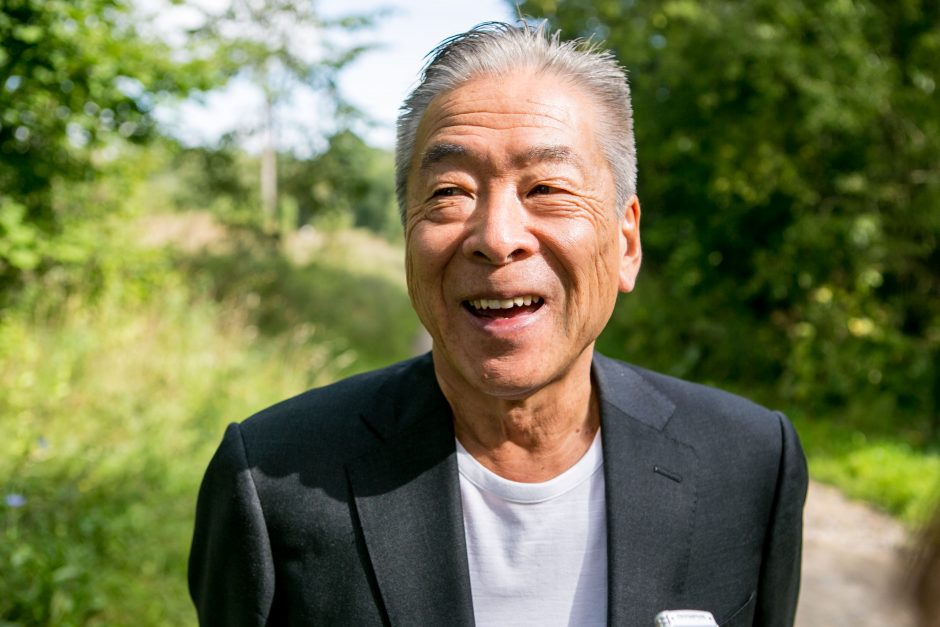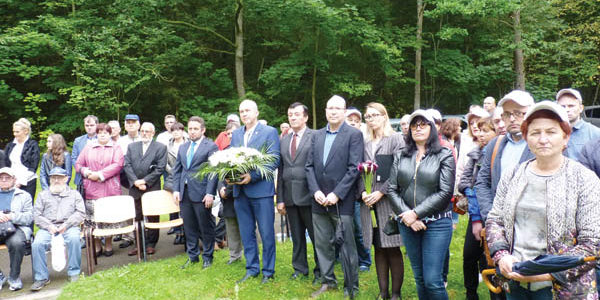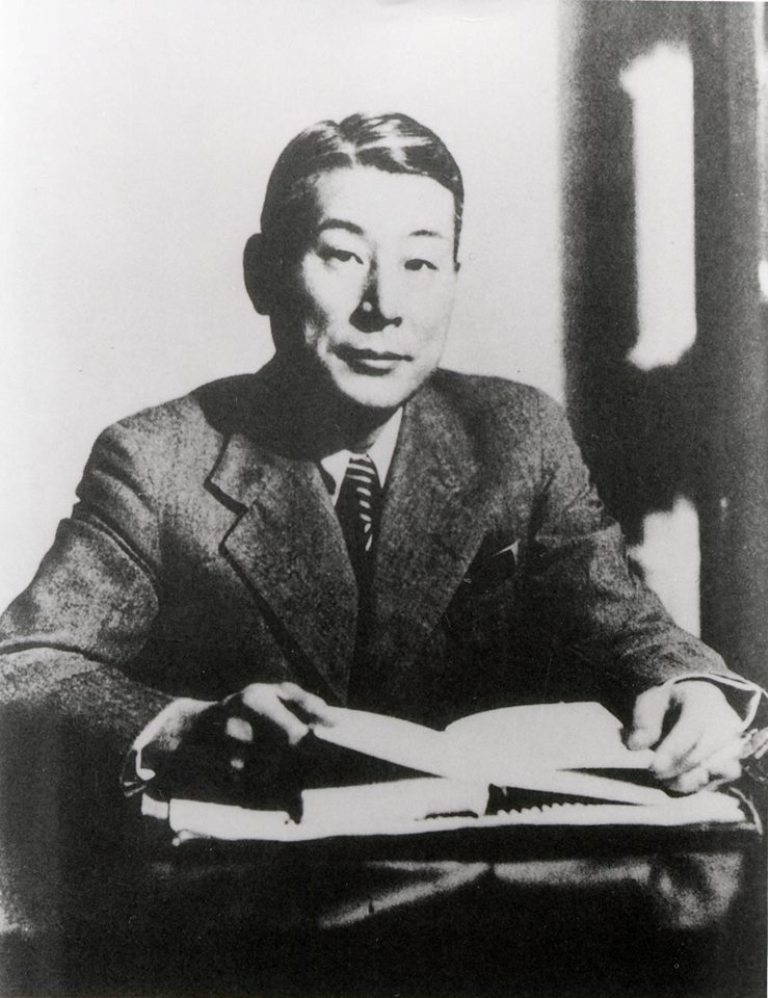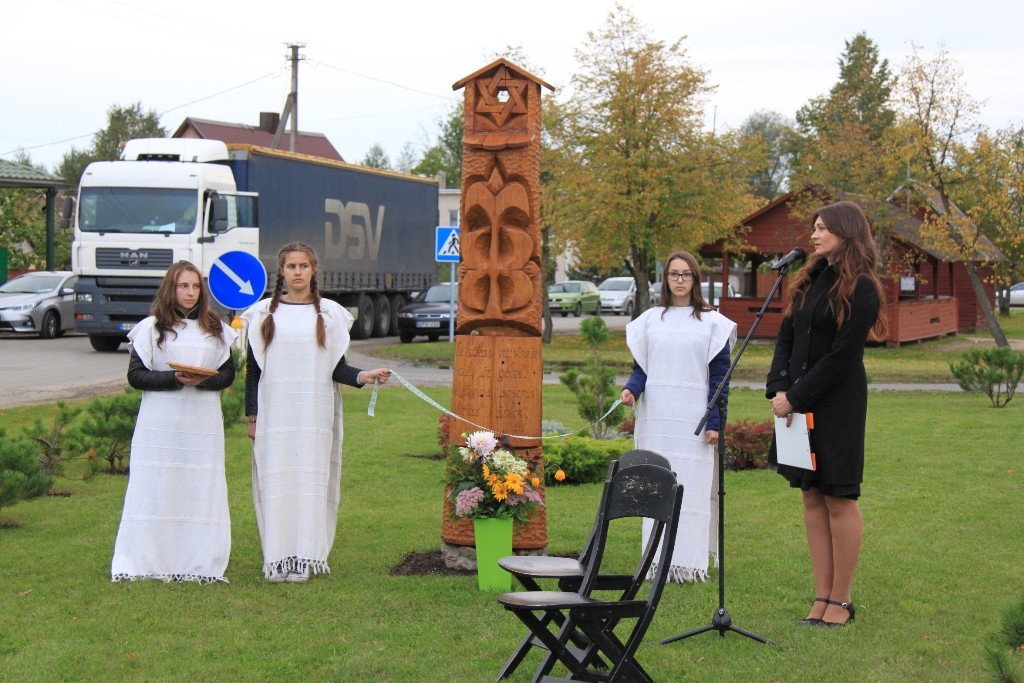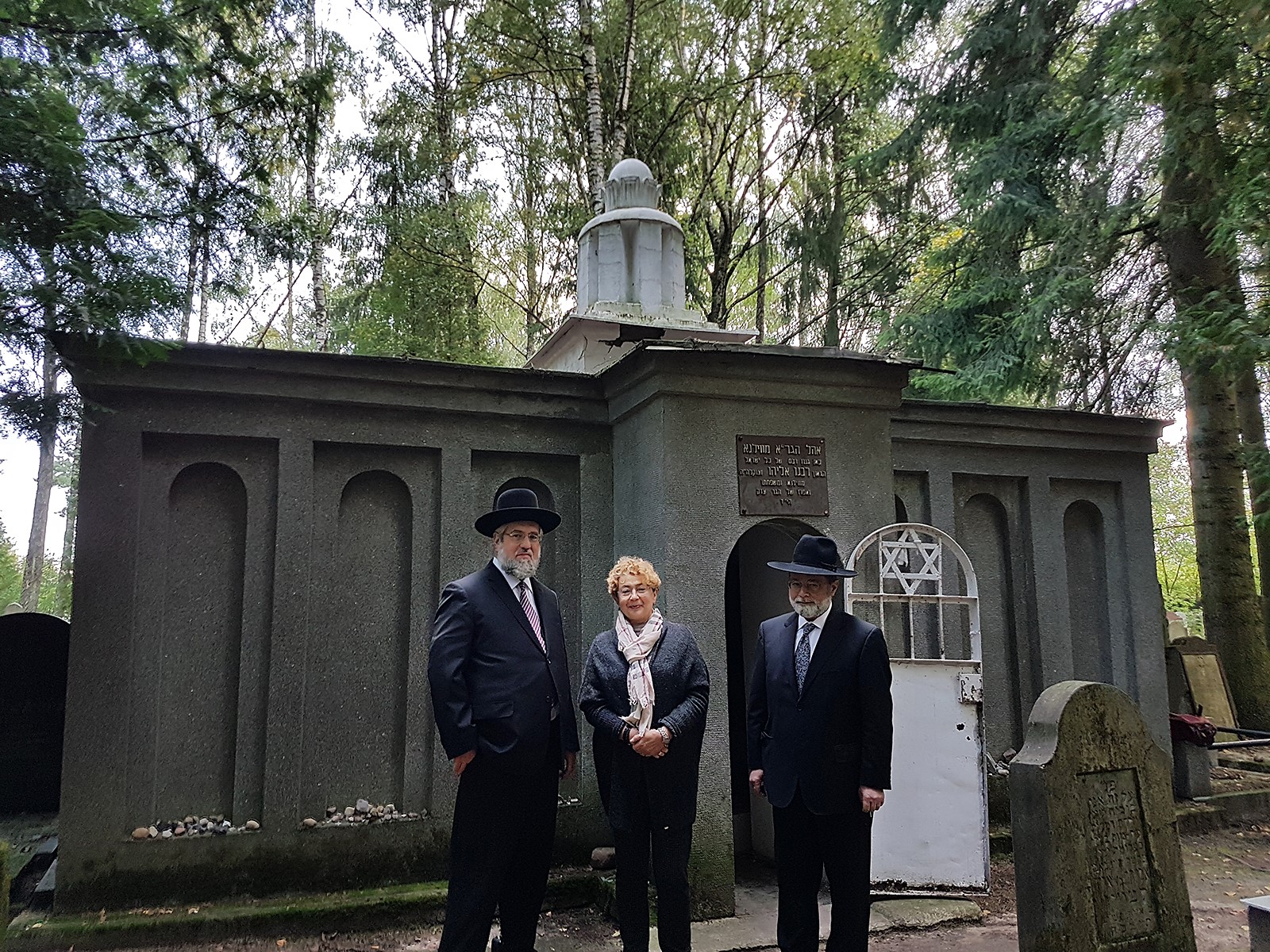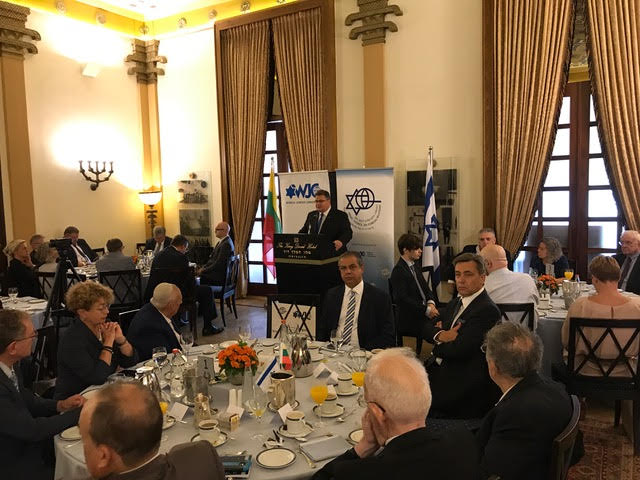by Romualdas Beniušis
Pajūrio najienos
Stella Maris-Marija. Mary, the star of the sea. That’s what the brothers Galidkas—priest Jurgis (1883–1963) and Lithuanian volunteer soldier Valentinas(1902–1966)—called the wooden chapel they paid for and built in Pašventys village on the banks of the Šventoji River. The Catholics of Šventoji, Būtingė and the surrounding area had no church of their own and they had to go to Palanga, Laukžemė or Darbėnai to attend church.
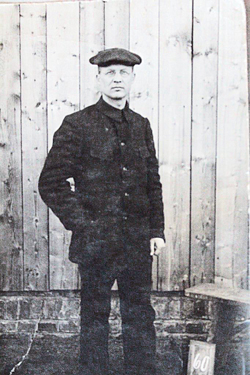
Galdikas in exile in Germany, ca. 1918
Jurgis Galdikas was born in Lazdininkai village in the Kretinga district in 1883 to the family of an average farmer. He went to school in Lazdininkai and the Darbėnai primary school, then the Palanga pro-gymnasium, and upon graduation chose to enter the priesthood and entered the Kaunas Priests Seminary. He was consecrated as a priest after being graduated in 1907, then continued to study theology in Austria, Belgium and Switzerland. He defended his thesis to become a doctor of philosophy in 1911. After returning to Lithuania he was the vicar in Šiauliai and was then appointed parish priest after the outbreak of World War I. He established and headed a gymnasium there. In 1916 the occupational regime of Kaiser’s Germany deported him with a group of Lithuanian priests to Germany where he spent two years. Returning to Lithuania in 1919, he was appointed director of the Kražiai pro-gymnasium, whose curriculum was based on etiquette, ethics and morality and which became the Žiburys gymnasium in 1924. He was sent to Telšiai in 1927 to become a canon of the capitulum (collegium) in the Telšiai diocese and from 1927 to 1932 he was a teacher and inspector at the Telšiai Seimnary.


